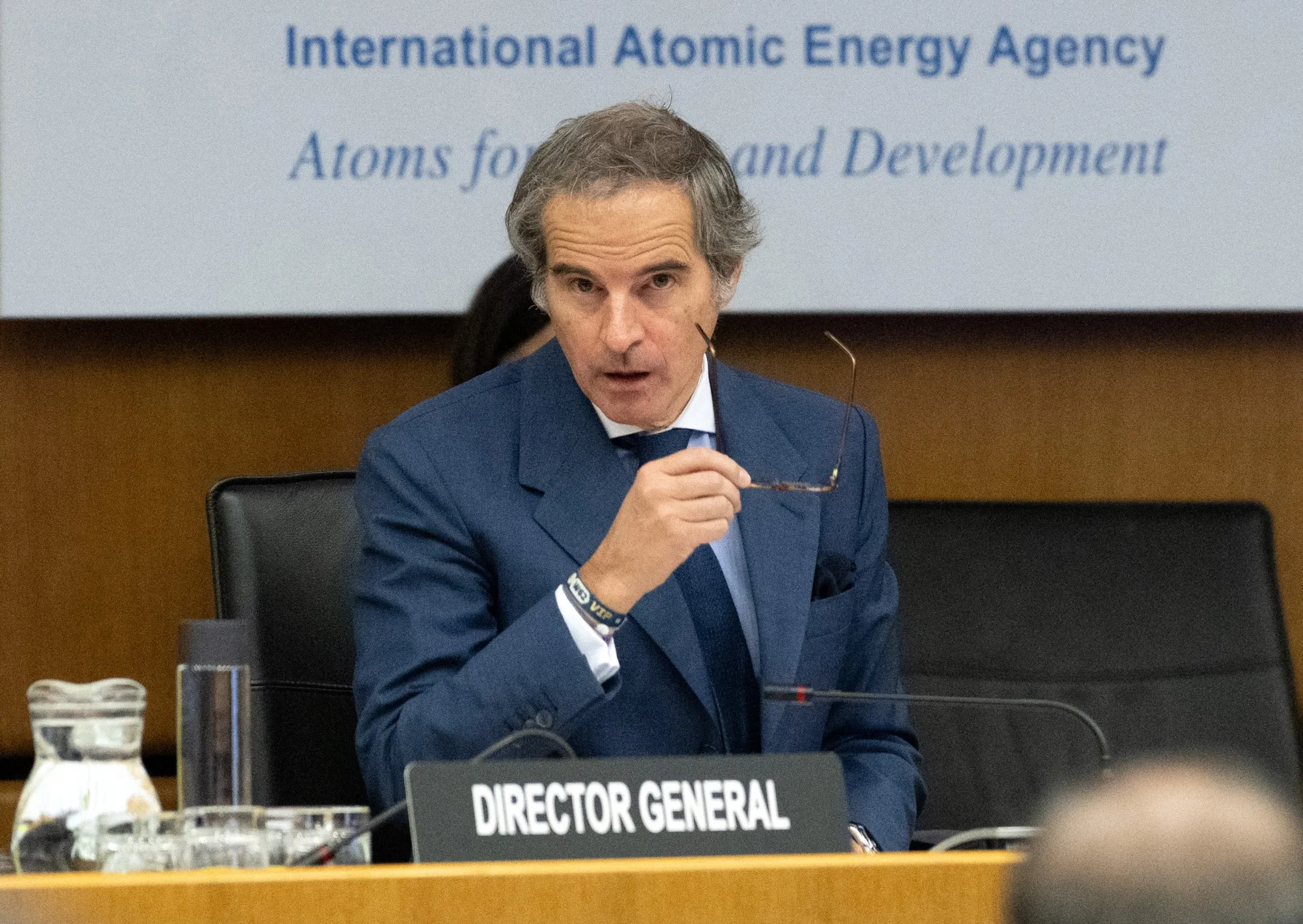Inside American Investigative Journalism
Behind the Scenes: Unveiling the Art of Investigative Journalism in America
Inside American Investigative Journalism
Behind the Scenes: Unveiling the Art of Investigative Journalism in America
Investigative journalism in America has long been hailed as the guardian of truth, shining a light on corruption, uncovering hidden facts, and holding powerful individuals and institutions accountable. In an age where information spreads at lightning speed, the dedicated journalists behind these groundbreaking investigations continue to push boundaries, navigate legal challenges, and safeguard the principles of democracy.
Today, we delve into the intricacies of how investigative journalism is conducted in America, exploring the tireless efforts, risks, and ethical considerations involved in this vital craft.
Rigorous Research and Fact-Checking: At the heart of every investigative report lies extensive research. Journalists spend countless hours poring over documents, conducting interviews, and verifying sources to ensure the accuracy and credibility of their findings. Deep-diving into public records, financial statements, and legal documents often serves as the starting point for an investigation, leading to the unearthing of critical evidence.
Whistleblowers: Investigative journalism often relies on the courage and conscience of whistleblowers. These individuals, driven by a sense of justice, come forward with insider information, exposing wrongdoings and shedding light on hidden truths. The protection of whistleblowers’ identities is paramount, and journalists employ various methods to ensure their safety, such as encrypted communication channels and secure data storage.
Data Journalism and Technological Advancements: The digital age has revolutionized the way journalists conduct investigations. Utilizing data-driven approaches, investigative journalists employ cutting-edge tools and techniques to analyze vast troves of information. From complex data visualization software to artificial intelligence algorithms, technology has become an invaluable ally in revealing patterns, connections, and anomalies that might otherwise remain hidden.
Undercover Operations: In certain cases, journalists resort to undercover operations to expose illegal activities or gain insights into secretive organizations. Posing as someone else, they infiltrate closed circles, document conversations, and capture footage that provides an unprecedented look behind closed doors. The careful balance between revealing the truth and ensuring ethical boundaries is a constant challenge for investigative reporters.
Legal and Ethical Considerations: Investigative journalists often find themselves entangled in legal battles to protect their sources and defend their findings. Legal expertise is crucial in navigating complex defamation laws, privacy concerns, and libel accusations. Ethical considerations are also paramount, ensuring responsible reporting, minimizing harm to individuals involved, and maintaining the public’s trust.
Collaborations and Partnerships: In recent years, collaborative investigative journalism has gained momentum. Journalists from different news organizations join forces, pooling their expertise and resources to tackle larger-scale investigations. These collaborations foster cross-referencing of information, strengthen fact-checking processes, and amplify the impact of their findings through wide-reaching media coverage.
Impacts and Challenges: Investigative journalism plays a vital role in uncovering corruption, exposing injustices, and catalyzing social change. The ripple effects of their reports can lead to policy reforms, legal action, and shifts in public opinion. However, this line of work is not without challenges. Journalists face risks such as threats, intimidation, and legal retaliation. The financial sustainability of investigative journalism also remains a concern, as dwindling newsroom budgets pose hurdles to in-depth reporting.
Despite these challenges, the spirit of investigative journalism remains resilient. Dedicated journalists continue to pursue the truth, committed to upholding the principles of democracy, and ensuring accountability remains a pillar of society.
As readers, it is essential to recognize the value of investigative journalism, support independent media organizations, and remain vigilant in our quest for an informed and just society.










